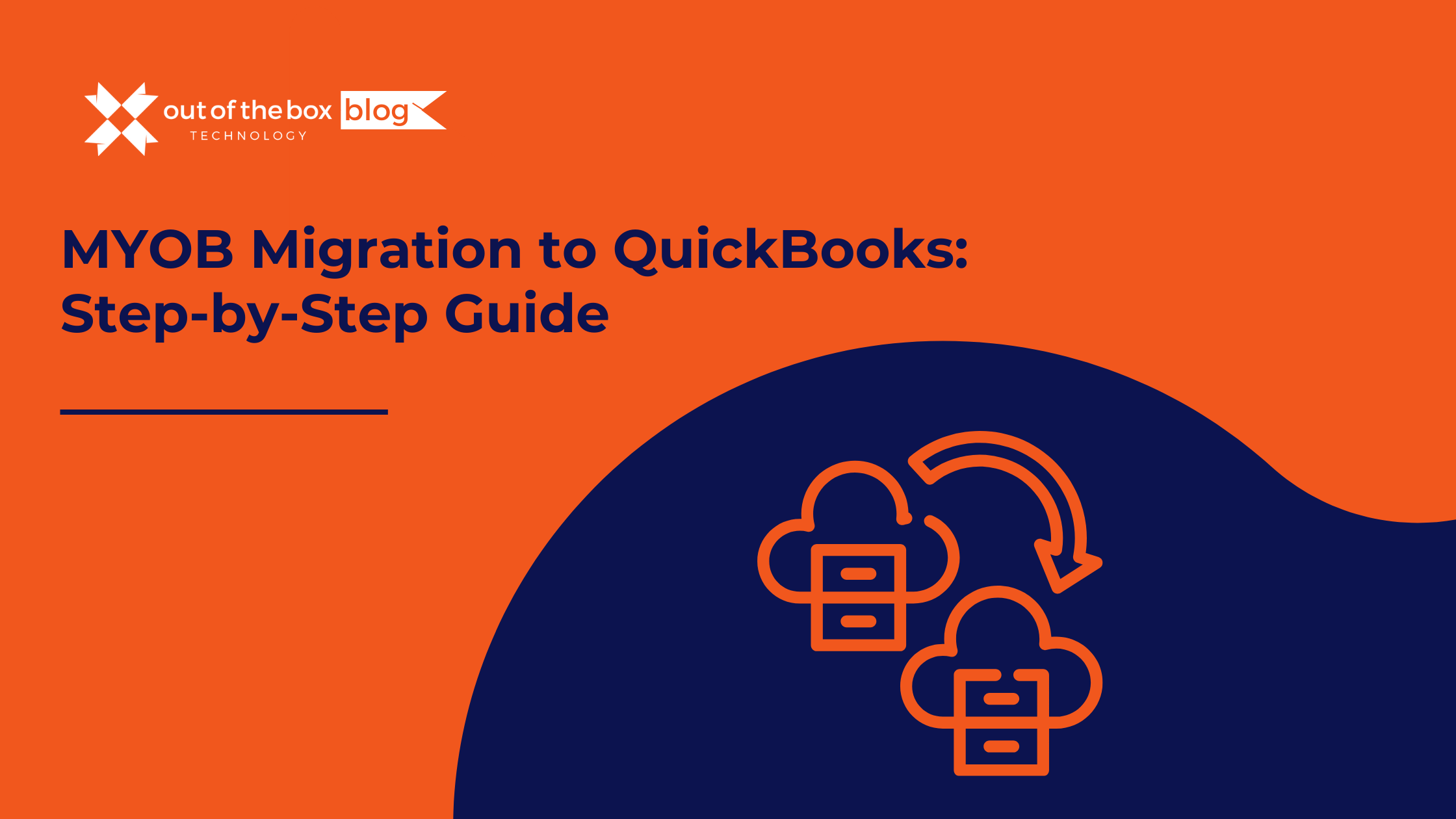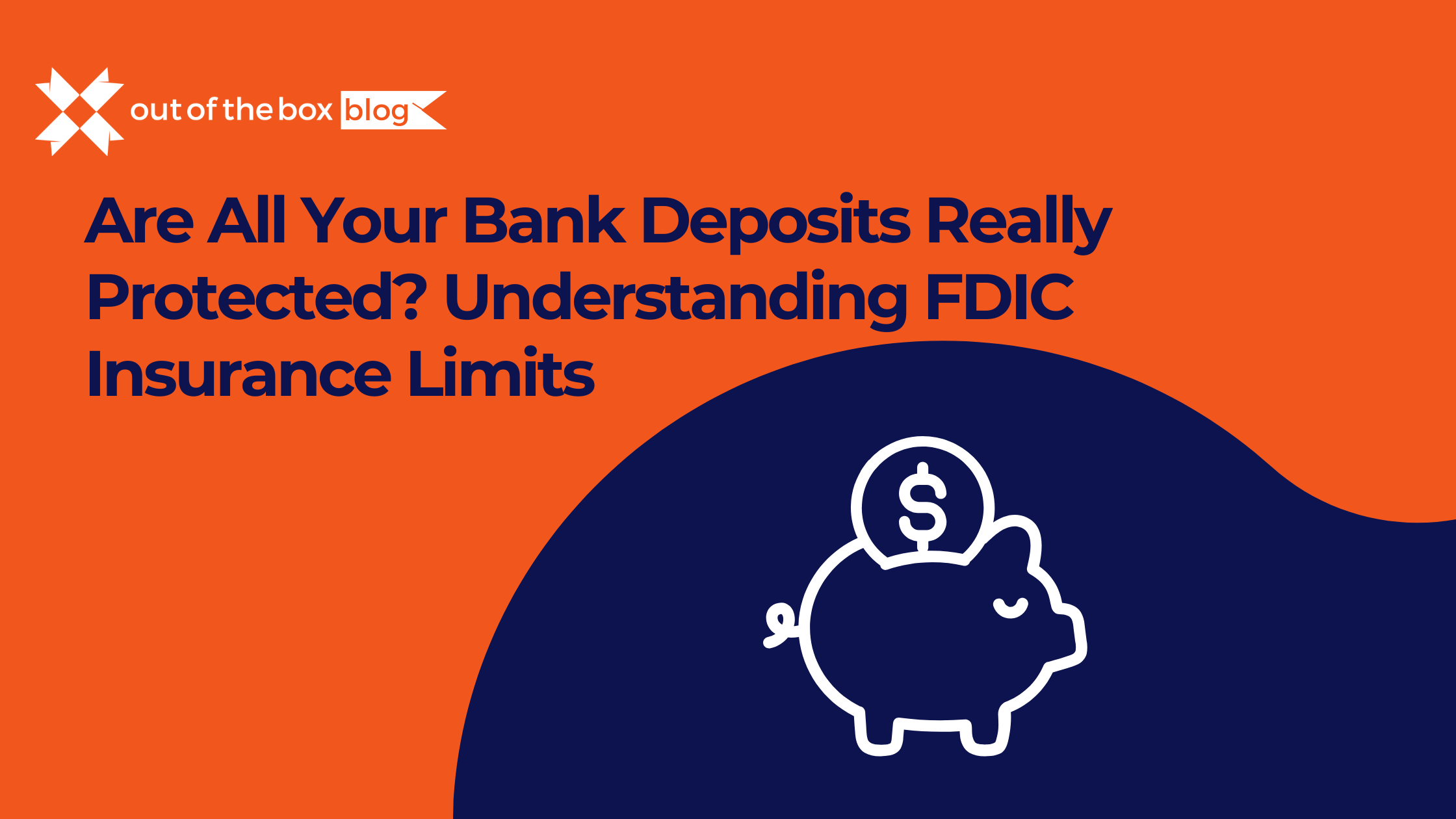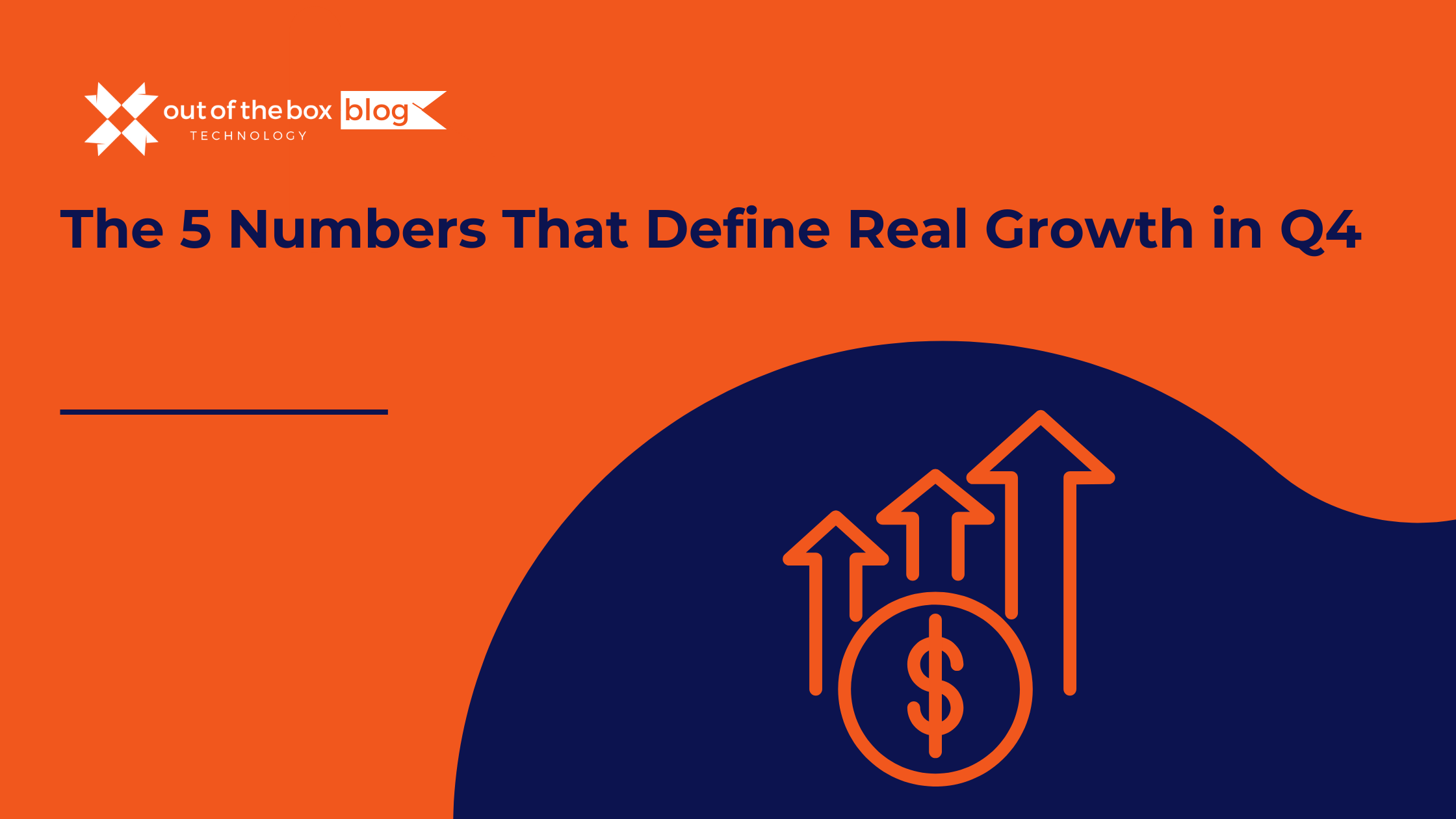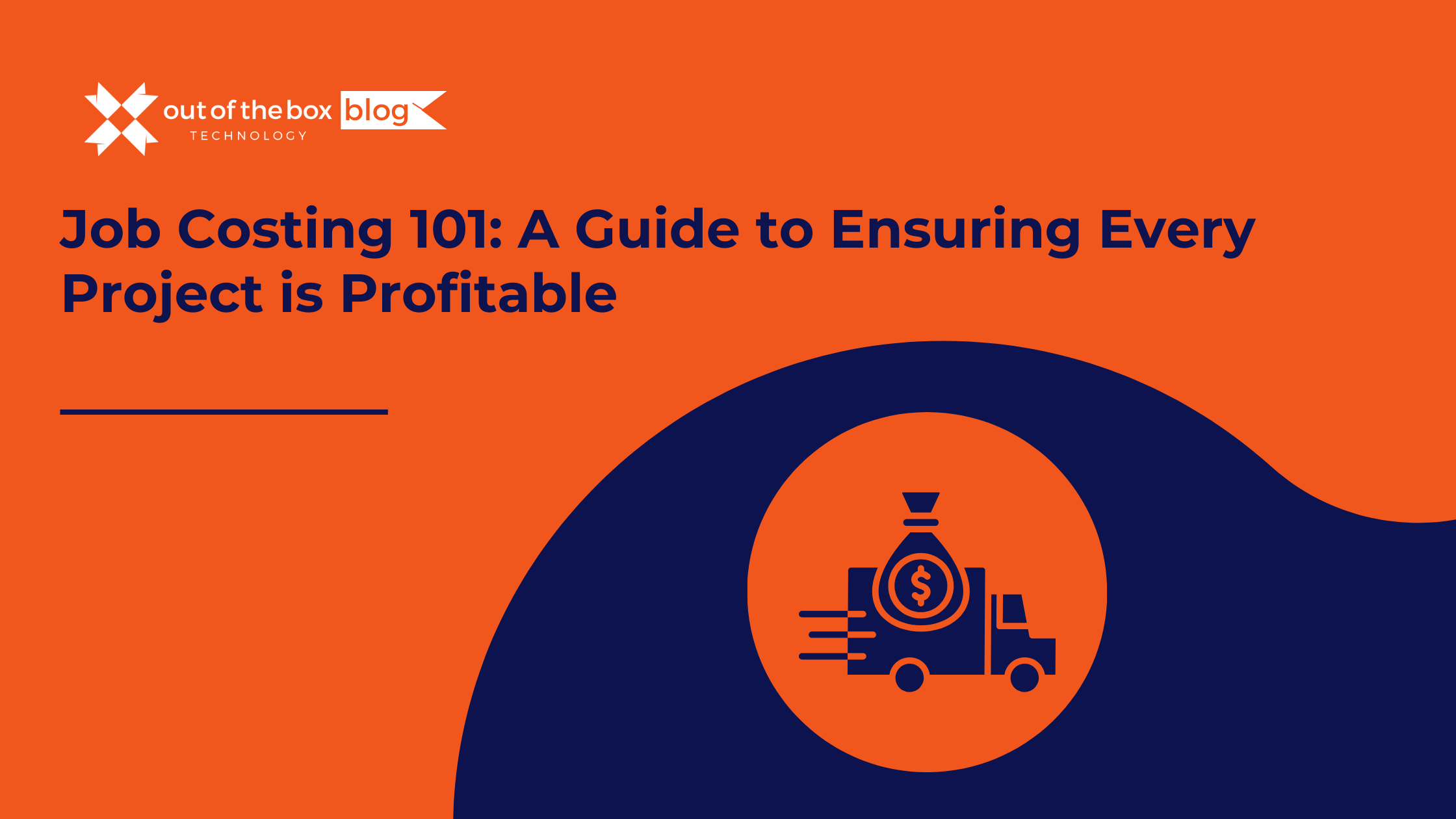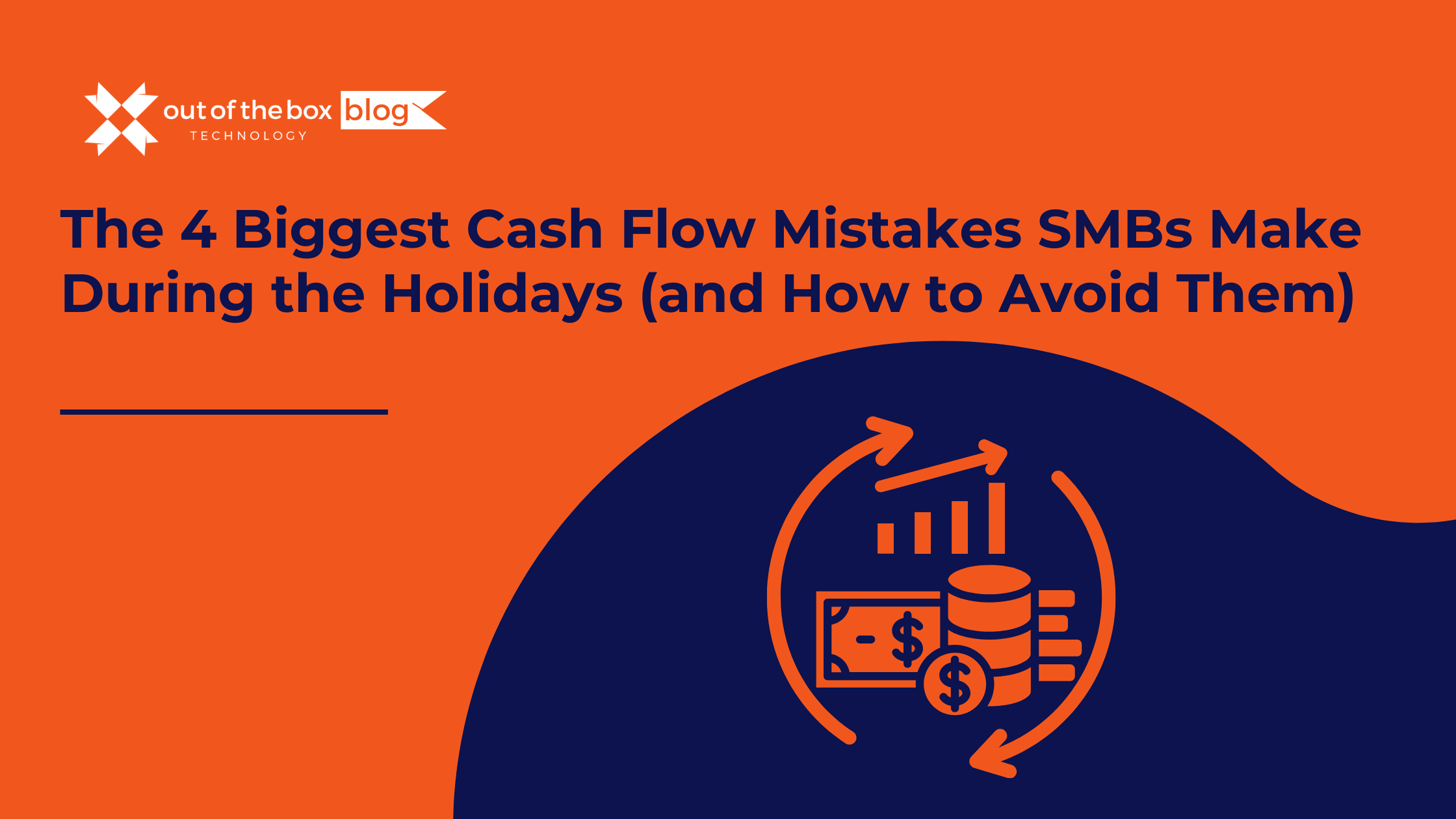As your business grows and evolves, so do your accounting needs. While MYOB (Mind Your Own Business) has long been a staple accounting solution for many Australian and New Zealand businesses, it may not offer the scalability, integrations, or cost-efficiency required for modern operations—especially if you’re expanding globally or shifting to a more cloud-centric tech stack.
In this comprehensive guide, we’ll walk you through everything you need to know about a MYOB migration to QuickBooks, including why businesses make the switch, what data you can transfer, how to prepare, and how to ensure the transition is smooth and accurate.
Why Businesses Are Switching from MYOB to QuickBooks
Both MYOB and QuickBooks offer core accounting functions, but QuickBooks—particularly QuickBooks Online—is better suited to businesses that value flexibility, automation, and a broad integration ecosystem.
1. Better Cloud Functionality
While MYOB has introduced cloud-based offerings (like MYOB Business and AccountRight Live), QuickBooks Online was built as a cloud-first platform with native mobile apps, real-time syncing, and no dependency on desktop software.
2. Greater Integration Capabilities
QuickBooks integrates with over 750 apps, including Shopify, Stripe, HubSpot, and Gusto. This makes it ideal for businesses seeking automation and streamlined operations.
3. Cost Efficiency
MYOB’s pricing tiers often increase with added features, and add-ons like payroll or multi-currency can inflate the total cost. In contrast, QuickBooks offers bundled features at a predictable monthly cost—often resulting in significant savings.
4. Stronger North American Support
If you’re a MYOB user expanding into North America, switching to QuickBooks makes sense. It supports U.S. tax forms, payroll compliance, and integrates directly with U.S. banking systems.
5. User-Friendly Interface
QuickBooks is designed for small business owners and bookkeepers, making it easier to navigate, train teams, and reduce reliance on accountants for daily tasks.
What Types of MYOB Users Should Consider Migrating?
You should consider a MYOB migration to QuickBooks if:
-
You want fully cloud-based accounting software
-
Your business is expanding outside Australia/New Zealand
-
You’re using multiple third-party tools that don’t integrate well with MYOB
-
You need U.S. tax or payroll support
-
You’re looking to cut down on software costs and streamline operations
What Data Can Be Migrated from MYOB to QuickBooks?
Depending on your MYOB product (e.g., AccountRight, Essentials, MYOB Business), different levels of data accessibility will be available. Here’s a general overview of what can be transferred:
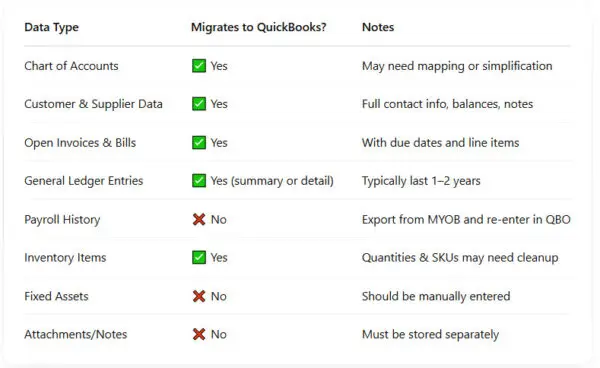
Source: Intuit QuickBooks Data Services, Dataswitcher
Real-World Example: E-Commerce Business Migration
Client: A mid-sized Australian e-commerce company
Challenge: MYOB AccountRight lacked seamless integrations with Shopify and inventory automation tools.
Solution: Migrated to QuickBooks Online Plus, paired with DEAR Inventory and Shopify integration.
Outcome:
-
Improved inventory accuracy by 95%
-
Reduced manual data entry by 60%
-
Cut monthly software costs by $180/month
MYOB vs QuickBooks: Feature Comparison
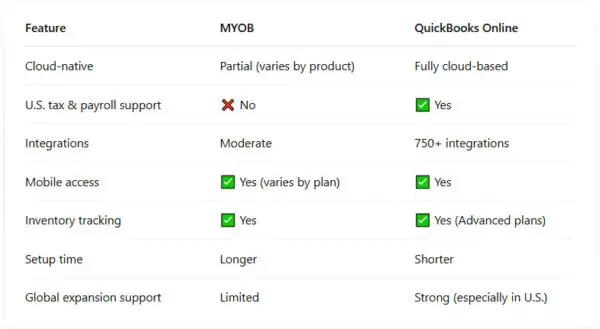
FAQs About MYOB Migration to QuickBooks
Q: Can I migrate my entire MYOB history into QuickBooks?
A: Most migrations include 12–24 months of history. Older data can be archived or summarized with journal entries.
Q: How long does a MYOB to QuickBooks migration take?
A: Basic migrations take 2–5 business days. Larger businesses or multi-entity setups may take 1–3 weeks.
Q: Will I lose any data in the migration?
A: Some data types (e.g., attachments, payroll) won’t transfer directly. Export these and store securely before canceling MYOB.
Q: Can I access MYOB after switching?
A: Yes, you can retain read-only access or export your reports before ending your subscription.
Q: What’s the best QuickBooks version for former MYOB users?
A: QuickBooks Online Plus or Advanced, depending on your user count, reporting needs, and inventory complexity.
Final Thoughts
A MYOB migration to QuickBooks is a strategic decision for businesses seeking greater efficiency, cloud flexibility, and cost savings. QuickBooks offers intuitive design, powerful integrations, and robust U.S. support that MYOB can’t always match—making it a smart choice for businesses looking to scale beyond local limitations.
At Out of the Box, we specialize in MYOB to QuickBooks migrations, helping you transition with zero downtime and maximum accuracy.
Need Help Migrating from MYOB to QuickBooks?
Let our certified QuickBooks ProAdvisors handle the heavy lifting. From data prep to reconciliation, we’ll ensure your accounting migration is seamless.
Schedule your free consultation today.
